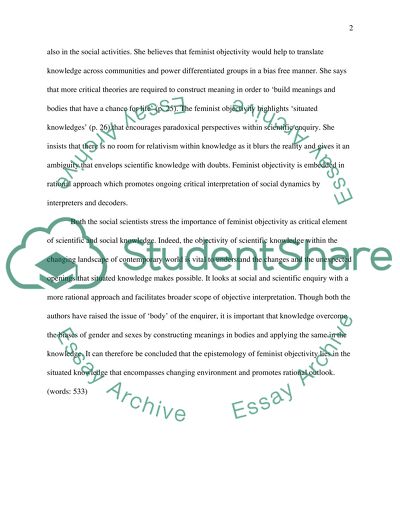Politics of the knowledge Essay Example | Topics and Well Written Essays - 500 words. Retrieved from https://studentshare.org/social-science/1666679-politics-of-the-knowledge
Politics of the Knowledge Essay Example | Topics and Well Written Essays - 500 Words. https://studentshare.org/social-science/1666679-politics-of-the-knowledge.


